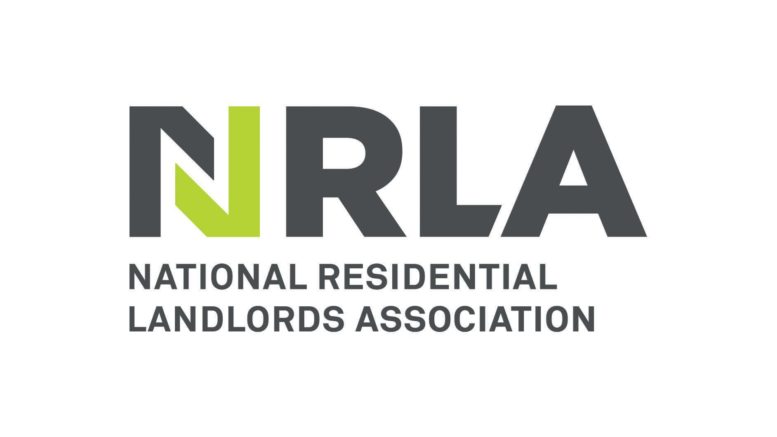Government plans for reform of the private rented sector, including the scrapping of s21 evictions ‘could have a catastrophic impact on the supply of homes to let’, said the National Residential Landlords Association last week.
It reached this conclusion after finding that almost 90 per cent of the 3,500 landlords it surveyed said the Government’s White Paper A Fairer Private Rented Sector demonstrated an anti-landlord agenda.
In all, 77 per cent said the proposals represented a serious risk to landlords’ businesses and 71 per cent said they felt they were being driven out of the sector.
Loss of s21, reform of repossession grounds and the impact of the abolition of fixed term tenancies were cited as major areas of concern.
Some 72 per cent of landlords believed proposed reforms to repossession grounds would not balance the loss of s21 – with a fifth of landlords saying the change would so serious that it they would no longer be able to operate.
More than half of all landlords said they were about proposed scrapping of fixed term tenancies. This figure rose to just over 84 per cent among student landlords.
‘It is unclear as yet whether a change of personnel in Government will have an impact on the proposals included in the White Paper’, said NRLA. However, abolition of s21 was a Conservative Party manifesto pledge and so is unlikely to be dropped.
But NRLA said it had already asked ministers to end the anti-landlord rhetoric and back the majority of landlords providing good quality home to rent. It also asked for consequential student rental market issues to addressed and ‘firm principles as to how councils and police can support landlords to tackle anti-social tenants quickly and effectively’ to be enumerated.
It has also emphasised the need for reform of the courts before s21 rights are taken away.
Another NRLA request is for abolition of local licensing once the new property portal is introduced.







